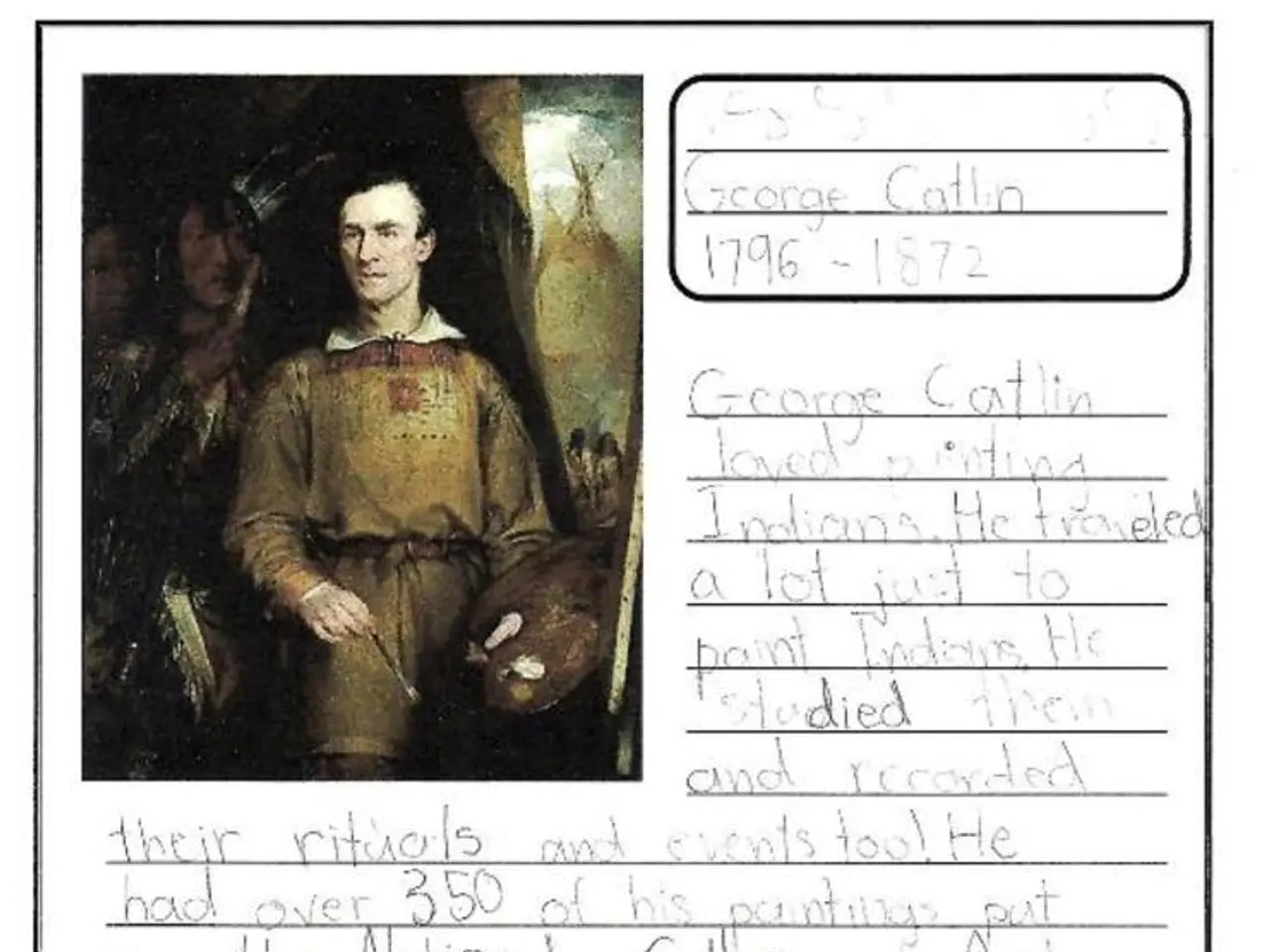Algorithm takes over from Gilgamesh: Ancient Epic's storytelling methods overshadowed by modern technology
Propaganda, the deliberate and systematic manipulation of information to influence perceptions and shape behaviour, has a long and storied history. While the concept of propaganda as we understand it today emerged during the Counter-Reformation in the 17th century, the practice itself predates writing and can be traced back to ancient civilizations.
In the ancient world, all available means of communication were utilised for propaganda purposes. From the Epic of Gilgamesh, one of the earliest known written propaganda works, to the use of statues, paintings, and coins in ancient Greece and Rome, propaganda was a powerful tool for shaping public opinion.
The Epic of Gilgamesh, written in cuneiform, glorifies a mythical ruler who is said to have ordered the construction of a protective wall. This ancient text serves as a testament to the enduring power of propaganda, as it continues to influence and inspire people today.
Propaganda also played a significant role in the ancient world of Egypt, Greece, and Rome. In these societies, leaders used various forms of communication to promote their agendas, preserve certain messages, and shape public opinion.
Fast forward to the 20th century, and propaganda took on new forms with the advent of mass media. Film, especially silent films, became a central propaganda tool during World War I, reinforcing hostility towards the enemy in Britain and the USA.
The first international radio news was broadcast from Germany in Morse code in 1915, and Lenin used radio to announce the founding of the USSR to the world in 1917. The Nazis also capitalised on the power of radio and film, with Joseph Goebbels establishing the "Reich Film Chamber" in 1933 and the release of the first Nazi propaganda film, "Hitlerjunge Quex," the same year.
However, the use of propaganda was not limited to totalitarian regimes. In the 1940s, exiles living in the US who had fled Nazi Germany created films such as Fritz Lang's "Man Hunt" and Bertolt Brecht's script for Lang's "Hangmen Also Die!" to influence public opinion in the US regarding entering the war.
Propaganda continued to evolve with the introduction of new technologies. The Soviet Union supplemented newspapers with films and later radio as more accessible propaganda tools, using "Agit-ships" and "Agit-trains" equipped with printing presses, wireless telegraphs, and film projectors.
Despite the negative connotations that propaganda has acquired over time, it is important to recognise its historical significance and the role it has played in shaping the course of human history. From ancient civilizations to the modern era, propaganda has been a powerful tool for influencing public opinion and shaping the course of events.
As we continue to grapple with the challenges of the 21st century, it is crucial that we remain vigilant and critical in our consumption of information, and that we strive to promote truth and transparency in our communication.
Read also:
- Trump reports advancement in discussions with China's Xi, particularly concerning TikTok
- Expanded Criticism of Human Rights Protections - Specialists Criticize Russia's Intensified Crackdown on Virtual Private Networks and Encrypted Applications
- Unpredictable Chinese Policies Under Trump's Administration
- Social media platform X has taken action to restrict access to the account of artificial intelligence model AI Grok.







